18+ Sample Recruitment Strategic Plan
-
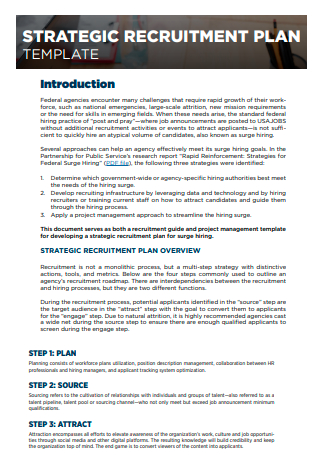
Recruitment Strategic Plan Template
download now -
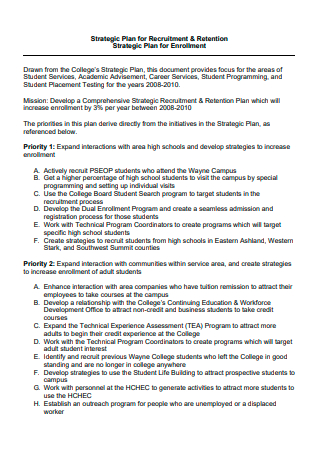
Recruitment and Retention Strategic Plan
download now -
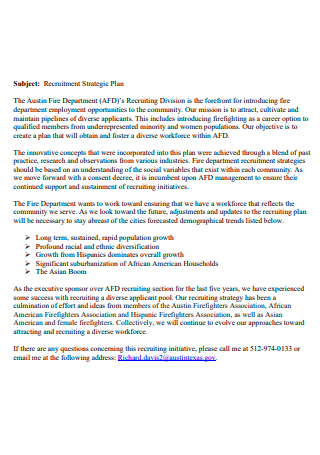
Basic Recruitment Strategic Plan
download now -
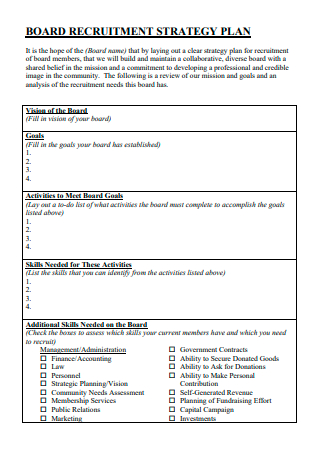
Board Recruitment Strategy Plan
download now -
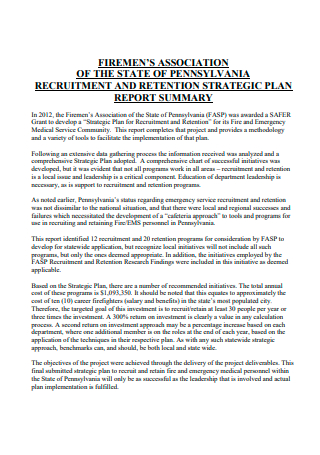
Recruitment and Retention Strategic Plan Report Summary
download now -
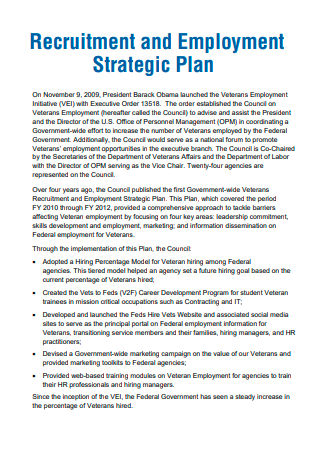
Recruitment and Employment Strategic Plan
download now -
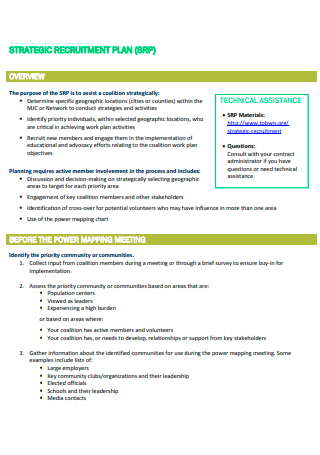
Printable Recruitment Strategic Plan
download now -
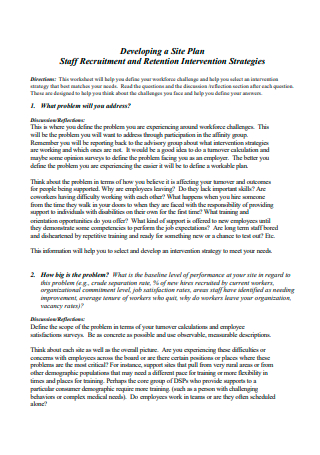
Staff Recruitment and Retention Intervention Strategic Site Plan
download now -
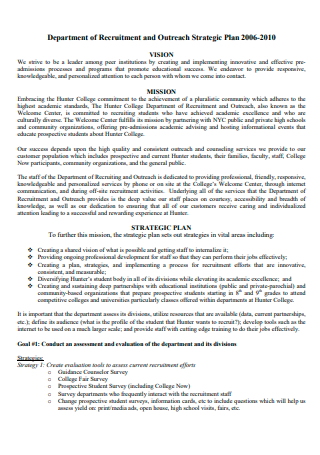
Recruitment and Outreach Strategic Plan
download now -
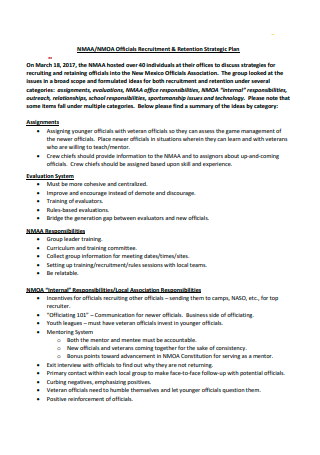
Officials Recruitment and Retention Strategic Plan
download now -
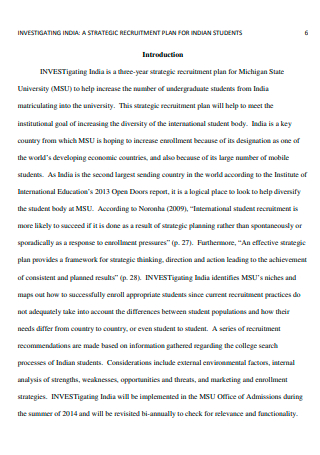
Recruitment Strategic Plan For Students
download now -
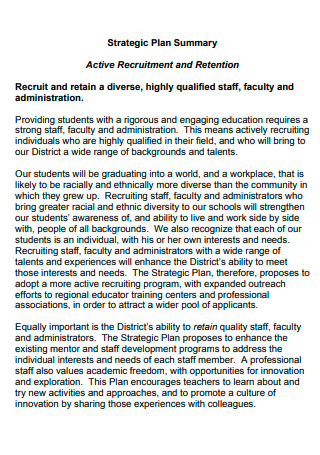
Active Recruitment and Retention Strategic Plan
download now -
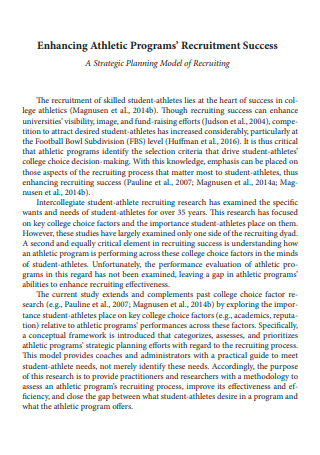
Athletic Programs Recruitment Success Strategic Planning
download now -
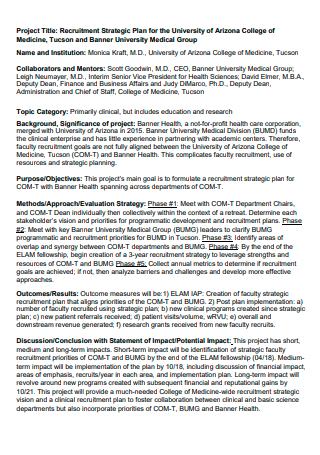
Standard Recruitment Strategic Plan
download now -
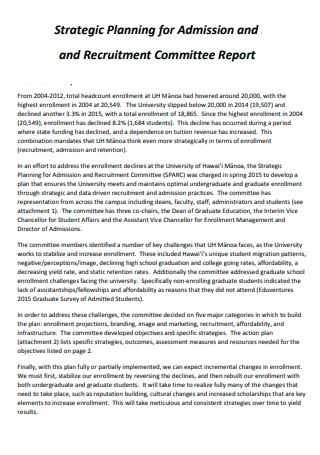
Recruitment Committee Report Strategic Planning For Admission
download now -
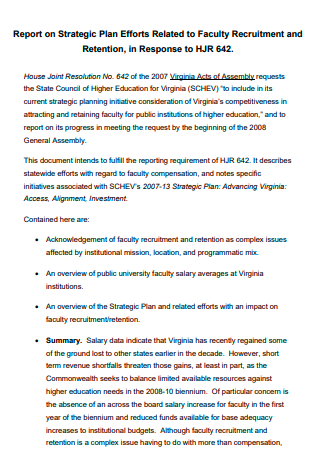
Faculty Recruitment Strategic Plan
download now -
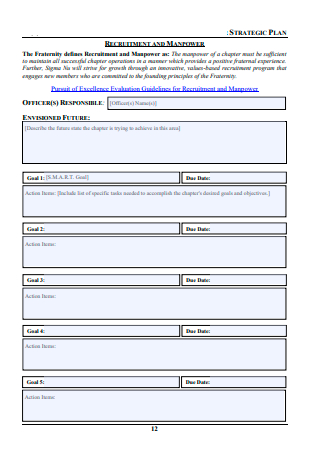
Recruitment and Manpower Strategic Plan
download now -
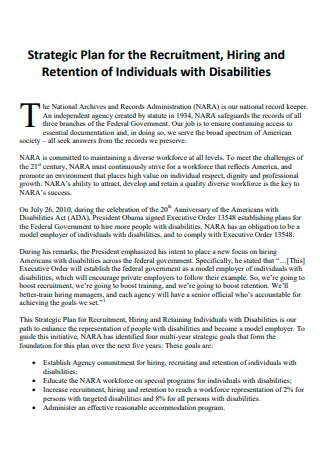
Formal Recruitment Strategic Plan
download now -
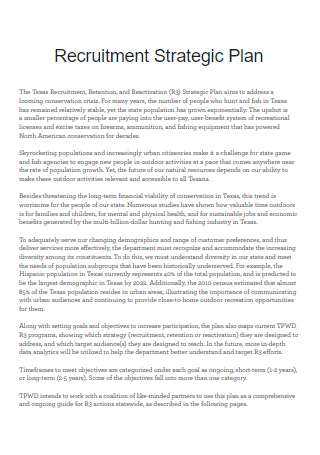
Simple Recruitment Strategic Plan
download now
FREE Recruitment Strategic Plan s to Download
18+ Sample Recruitment Strategic Plan
What Is a Recruitment Strategic Plan?
Sample Recruitment Strategies
Tips For Building a Recruitment Strategic Plan
How to Create a Recruitment Strategic Plan
FAQs
What is a strategic recruiting plan?
What are the strategic recruiting stages?
What is the most effective recruitment strategy?
What Is a Recruitment Strategic Plan?
A recruitment strategic plan is a strategic plan used by companies designed to enlist and hire talent using the most effective tactics. This type of strategic plan is typically used by Human Resources or HR professionals in their effort to encourage job applicants to join a company or organization.
According to an online article by tech website G2, around 62% of job seekers and job hunters use social media platforms to assess a potential employer’s brand and company culture. In addition, every corporate job offer attracts around 250 resumes on average.
Sample Recruitment Strategies
There can be many ways to recruit and hire people. Some people need to go through a long process while others can get hired on the spot. The following examples listed below are some common recruitment strategies that are universally used by companies, agencies and organizations when it comes to acquiring talent.
Tips For Building a Recruitment Strategic Plan
HR practitioners are usually given the responsibility to handle an organization’s recruitment process and talent management. A recruitment strategic plan requires careful planning and preparation. If you are tasked to come up with one, the examples provided below are some useful tips to help you craft a better recruitment strategic plan.
How to Create a Recruitment Strategic Plan
Creating a comprehensive recruitment strategic plan can be quite time-consuming. The content will generally depend on the needs of the company and their chosen approach. There are existing templates that you can readily use to save time and energy. Simply choose a sample template above that suits your needs and keep in mind the following steps:
Step 1: Establish the Goals
To start any strategic plan, you need to first lay out your goals and objectives. This is a key step in order to properly set the tone of your succeeding plans. In this case, what are the outcomes you want to achieve with your recruitment and talent acquisition plans? Maybe you want to hit a specific target of applicants or process a minimum number of job interviews within a given time period? Whatever your goals are, make sure they are measurable and realistic. You can make use of figures and statistics and incorporate them into your recruitment goals.
Step 2: Assess the Company’s Needs
Another important section for a recruitment strategic plan is the right assessment or evaluation of the company’s talent needs and resources. How will you be able to reach your established goals if there is no data and information to base your objectives on? In the case of recruitment, you need to properly assess the key details such as company size, organizational structure and even operational budget to determine if your company can afford additional employees. Your strategic plan should have an accurate assessment of the needs and descriptions for each department and each position. Only then will it be clear enough to proceed with brainstorming recruitment strategies and tactics.
Step 3: Plot a Recruitment Calendar
Your recruitment strategic plan should also contain a time element. In other words, you need to prepare a timeframe or deadlines for your objectives to be met. Doing this will promote efficiency in the recruitment process. The turnaround time for job applicants may also improve if there is a reliable recruitment calendar to follow. From contacting prospective employees for initial interviews to following up on HR requirements and documentation, time is of the essence. Thus, a solid strategic plan should always contain a timeline with details plotting the accomplishment of these activities.
Step 4: Include a Tracking Tool
Another key element of a recruitment strategic plan is an effective monitoring tool. As a recruiter, you need to understand that the follow through is just as important as the initial contact. Thus, you need to formulate a method or tool of tracking progress of each of your potential candidates. Incorporating a monitoring tool is not only for the recruiter’s own use, having the recruitment process properly documented and monitored allows other members to learn from it as well. As a result, there will be a dependable reference for future talent acquisition professionals.
FAQs
What is a strategic recruiting plan?
A strategic recruiting plan is a comprehensive action plan that outlines the ways and tactics of hiring and retaining talent in an organization. The plan mostly falls on Human Resources as they are tasked to scout and recruit the best talent that will contribute to the organization’s growth and success.
What are the strategic recruiting stages?
The stages of recruitment are strategic planning, strategic development, scouting, screening and lastly, overall assessment and evaluation.
What is the most effective recruitment strategy?
One of the most effective recruitment strategies are employee referrals. This essentially means that an existing employee vouches for another person and recommends him or her for the vacant job.
Having a sound recruitment strategic plan can save you from years of needless spending and wasted investment on the wrong hires. Talent acquisition and recruitment take time, money and energy. So it is for the good of the company that recruitment efforts are taken seriously and prudently. Browse the sample templates above to get started on your own strategic plan today!
